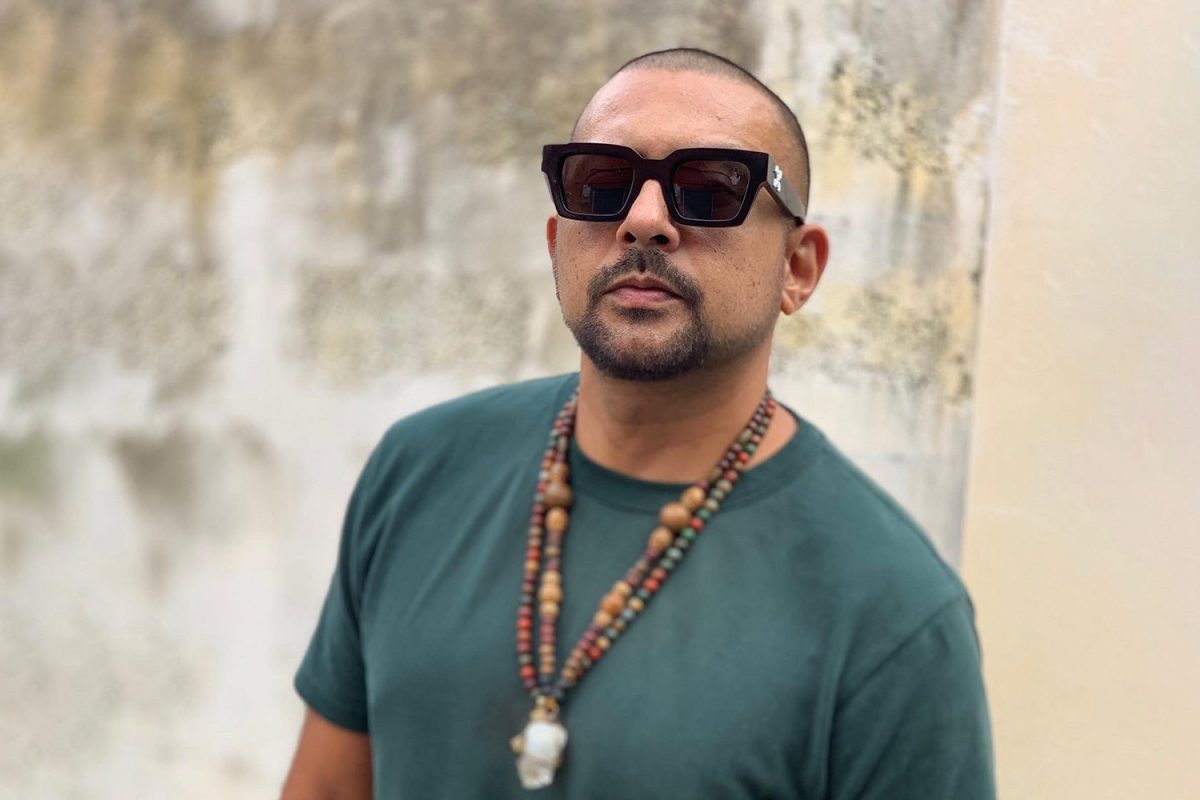Sean Paul Laments Overuse Of Violent Themes In Dancehall

Dancehall superstar Sean Paul is lamenting the tendency of upcoming artists to focus solely on violent themes in their songs, and not make efforts to start diversifying their catalogs, in a genre which he has long described as a melting pot of various moods, topics and lyrics, even those considered belligerent.
“We are supposed to be talking about what we are seeing. Some of the younger artists just stick to one topic. And, so, there must be some time that you’re not seeing a gun. You eat breakfast, right? You do some normal things in life, right? But those songs are not coming out,” he explained in an interview with Vibe Magazine.
“It’s just being embellished on one side, which I don’t think is fair to the music. I just hope the young listenership that’s following them and thinking only the hardcore stuff is Dancehall, get to appreciate the other assets,” he added.
Sean Paul’s comments had come after writer Siobhan Dixon reflected on the inimitability of Jamaican music genres, likening them to “a mirror to the culture in every aspect”, which tells “the good and the bad”, while noting that the catalogues of all Jamaica’s “greats include well-versed content”.
The Grammy-winning artist, who recently listed Protocol artist Skeng and Born Fighter Jahshii as the two rising stars to look out for during a Breakfast Club interview, also praised fellow artist Laa Lee, who has steered clear of violent topics, but instead has been highlighting the beauty of Jamaican dance culture through his music.
He also singled out Tanto Blacks, whose focus has been on comedy and encouraging people to proclaim wealth on themselves.
“Laa Lee’s lightening up the place. He’s not singing about gun or a hole inna head. He’s singing about a good time and having fun. And he’s making his own impact. So, that’s great. People like him and Tanto Blacks, their music is fun,” the We Be Burnin artist said.
Sean cited as examples to follow, some of the Dancehall artists he deemed dynamic, who ruled the 1990s, and whose music captured the essence of Jamaican everyday life, but made it clear that he was not “burning out” the younger artistes as “they are the future”, but was trying, “as an elder statesman in the business”, to “guide them in a proper way”.
“So, my criticism is the younger cats ain’t as versatile. Back in the day, you would have to be a more versatile artist. Artists like Buccaneer, he would do a bad man sound, then he’d do a reality sound. Spragga Benz, same thing, a girl song, and then a song that’s very spiritual, and then a bad man song,” he explained.
“Shinehead could sing, he could rap, he could deejay, he could do it all. Now, Papa San, he would spit some reality and some very technical lyrics, and then he would spit something that was not technical at all and just very funny, like, “Lawd, mi cyaan tek it no more” (Maddy Maddy Cry).
Sean Paul’s comments come just a few months after his first manager, Zachary Harding, urged upcoming Dancehall artists to broaden their catalogues, and not only focus on penning gun lyrics and assuming “shotta” personas.
Harding, who is co-producer of the legendary Playground riddim, had argued that while gun lyrics hold an indelible place in Dancehall music, having a one-dimensional catalogue hinders artists from being able to tour the entire world and perform for a wide array of audiences.
Minister of Labour Karl Samuda had also voiced concern about the boring, one-dimensional content with which the music has been grappling. A few months ago in the House of Parliament, Samuda had implied that there was monotony in the lyrical content that he was hearing in recent times, even though he knows that the artists are competent lyricists.
At the time he told Entertainment Minister Olivia “Babsy” Grange that she ought to use her charm to encourage entertainers to display their musical mettle, as it was in this way that they will be able to “enjoy the level of popularity and revenue that is earned from it like the great Bob Marley and others”.
